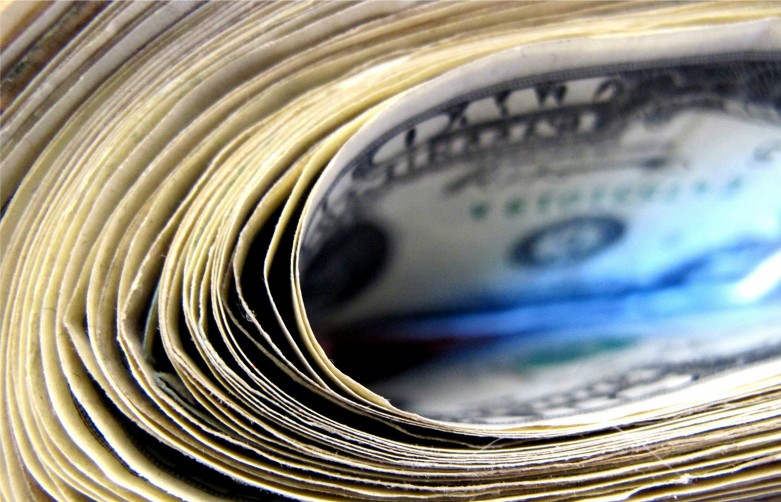
Comcast Spent a Crazy Amount of Money on Its Failed Merger
Earlier this week Comcast revealed just how much it spent on its failed bid to take over Time Warner Cable.
And the figure is staggering: $336 million.
According to Ars Technica, the two companies together spent at least half a billion dollars to win approval of the merger — a deal that would have given Comcast unprecedented gatekeeper control over the Internet.
While it’s no secret that Comcast throws money around in Washington to get what it wants, that’s an insane amount of cash to spend on a project that had no guarantee of being approved.
The $336 million Comcast spent includes lobbying fees that are “direct and incrementally associated with the deal.” So the actual figure could be much larger if Comcast counted all the other lobbying fees.
The company also just announced that it will spend $300 million to improve its horrifically bad customer service.
In other words, Comcast spent more money on a potential takeover than it will on keeping its existing customers happy — a disparity that illustrates where the company’s priorities are.
Mega-mergers are big business for Washington; they leave a trail of cash in the halls of power. Follow the trail and it becomes obvious that the companies value power brokers more than their own customers.
It’s worth thinking about what a big company like Comcast could do with all those millions that now line the pockets of lawyers, lobbyists and PR firms.
For starters, Comcast could build out its networks and compete with other monopoly cable providers (like Time Warner Cable) for customers. It could connect underserved communities that have been left on the wrong side of the digital divide — not just through its PR-driven “Internet Essentials” program, but by lowering the prices for all its speed tiers so folks with limited resources could afford the quality Internet access services that are a must-have in today’s world.
And while Comcast’s announcement of its plans to offer next-generation gigabit-fiber services to 18 million customer locations by the end of the year is a welcome development (if not a curiously timed and vague one), reports indicate Comcast will charge $400 per month for it — nearly six times the price of most other gigabit services. Maybe if it charged a reasonable price, more people would sign up for the service and Comcast’s fiber investments would actually create benefits beyond press buzz.
On a separate front, Comcast also admitted this week that real Net Neutrality isn’t as bad as it once claimed it would be. “Title II … really hasn’t affected the way we have been doing our business or will do our business,” said Comcast Executive Vice President Neil Smit.
Maybe all that money Comcast spent trying to kill the free and open Internet should have been devoted to helping more people connect and communicate.
Original photo by Flickr user Frankie Leon